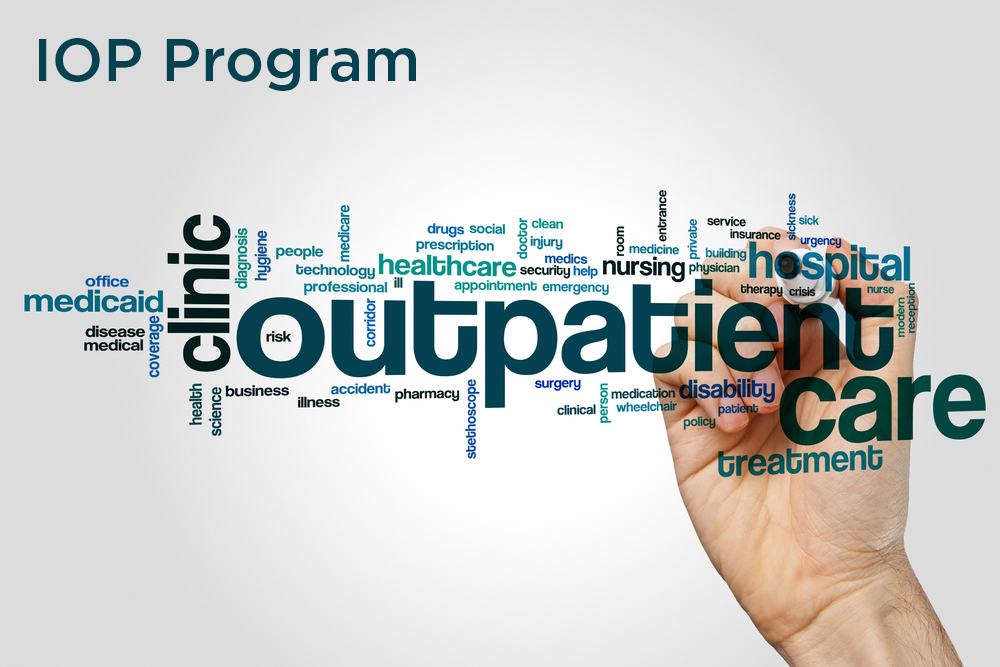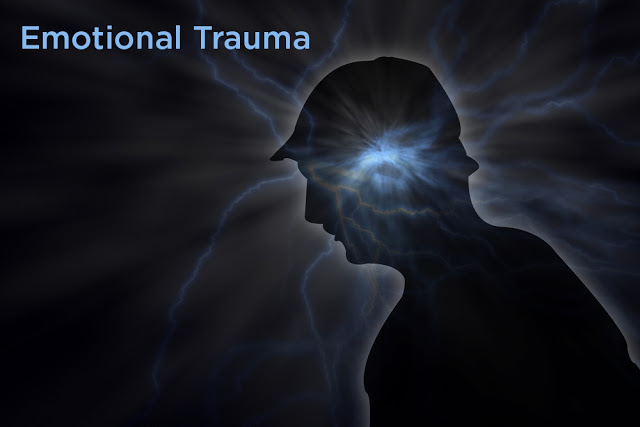 I once heard a client’s family member refer to their loved one’s inpatient addiction treatment as a sort of summer camp.
I once heard a client’s family member refer to their loved one’s inpatient addiction treatment as a sort of summer camp.
The family member made this pronouncement with what sounded like envy; they wished they too could have some “time away.”
The thought intrigued me as a therapist. Soon after that session, I presented the idea of inpatient mental health treatment as “summer camp” to the group I was leading, and within moments I was dodging hypothetical tomatoes being thrown my direction.
Over the years, having spent more time in inpatient treatment as a therapist, I can tell you that there are many reasons why the notion that inpatient treatment is like summer camp doesn’t fly with those in recovery. One of the biggest distinctions, however, is in the returning home. Returning home from summer camp, and returning home from treatment are two entirely different things.
As a kid, you go to summer camp to experience new things and meet new friends with the knowledge that you will return home to your parents and your usual mundane surroundings within a few weeks. Nothing at home is likely to change. That is what often makes the idea of being away so appealing.
Your new friend’s primary interest is in coaxing you into the lake after lunch so that they have a swim partner. In fact, at summer camp you may not even think of home very often. Your mind typically stays on the burnt marshmallows, and the weird lanyard thing you work on at night before bed that you plan to present your parents as a token of your love and gratitude.
None of this sounds like inpatient drug and alcohol addiction treatment.
What Going Home Means After Inpatient Treatment
You probably will make friends during your inpatient addiction treatment. However, unlike summer camp, the friends you do make will be made by sharing your innermost, and most painful personal failures and struggles—struggles that you thought could be kept secret forever.
When you do think of home, you may feel a sense of loss or confusion. Your thoughts might range from “Where is home?” to “Will I ever really be home again?”
After inpatient addiction treatment, home is a place where you carefully put on your life vest of newly acquired coping skills to keep from drowning in the old habits and patterns of behavior that your brain so strongly associates with drinking or using.
Building a New and Better ‘Home’
The home you return to after inpatient or residential addiction treatment must be built on the foundation of a solid relapse prevention plan. Before you leave treatment, you should have a plan in place for…
-
Managing cravings and triggers.
-
Preventing a momentary slip from turning into a full-fledged return to substance abuse.
-
Relying on a strong diversified support system that can include family, friends, and mental health professionals.
“Relapse prevention” is a term that frequently gets thrown around during an inpatient treatment stay. While in treatment, each patient begins to identify what their own relapse prevention plan will be. However, no one can possibly identify every potential trigger beforehand. It is critical that patients talk about and even practice their plans before leaving treatment. But, practice is never exactly the same as real-life experience.
That’s why, in addition to having a relapse prevention plan, you should also get familiar with the stages of relapse, so that you can identify who the best people to reach out to would be if you, unfortunately, found yourself in one of these stages. If you are prepared, you will find that slipping into one of these stages doesn’t mean the end of your recovery. Rather, an expected slip can be an opportunity to apply one of your newly-acquired coping skills and pull yourself back into a manageable place.
The three, progressive stages of relapse are:
1. Emotional
During this stage, you may start reacting to the same triggers that lead to your drug or alcohol misuse with feelings of anxiety, anger, isolation, mood swings, and changes in eating or sleeping habits. The most important thing you can do at this stage is to reach out to your support system. Contact your sponsor, therapist, or visit your support group, or attend your 12-step meetings.
2. Mental
In this stage, you start to fantasize and rationalize. You might start to dream about using again. Then, you will start to come up with reasons why using again would be “no big deal.” Once you’ve reached this stage, it’s absolutely critical that you talk to your sponsor or addiction counselor.
3. Physical
This is the stage where you give in and reach for the substance or process that you have worked so hard to quit using. This is why it’s so critical to recognize when you’re in stage one or two of a relapse and get help before you go down this dangerous path.
Knowing—but not anticipating—that relapse is often part of a successful recovery will help you to maintain and restore hope if you find yourself struggling through any these stages.
Maintaining your primary focus on the better life that lies ahead through recovery keeps us taking that “next best step,” “one day at a time.” As you continue on your journey “home” remember that awareness plus action is change. This change can be applied no matter where you are on your journey. If you find yourself slipping, take action, reach out, and push forward towards your new home sweet home in recovery.
Ease the Transition Home in an Outpatient Program
An intensive outpatient program (IOP) is often recommended when an individual requires a “step down” from one level of treatment to the next before they are ready to return home and apply their recovery skills to everyday life.
At The Meadows Outpatient Center, we teach time-tested recovery skills and help remove the blocks that produce a life full of joy, gratitude, and acceptance. These skills promote loving, healthy relationships free from active addiction in an ongoing, permanent and successful recovery.
We are a comprehensive outpatient program that offers 18-20 hours of services and treatment per week—more than twice the amount of services provided in a typical IOP. We are also in-network with both Humana and Blue Cross Blue Shield. We’d be happy to answer any questions you may have about our program and help you determine if The Meadows Outpatient Treatment Center is the right place for you. Give us a call at 866-562-9559.










